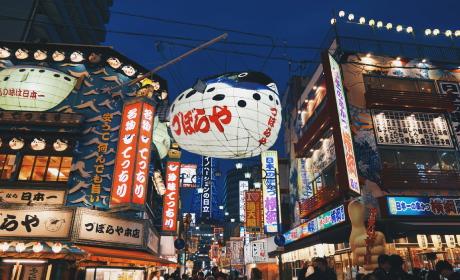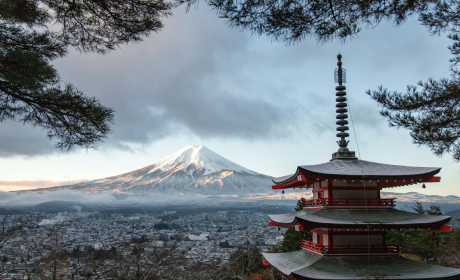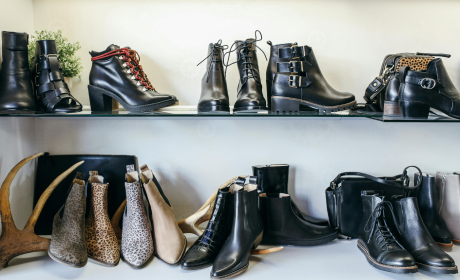South Korea Travel Guide: Everything You Need to Know Before You Go
 5 min. read
5 min. read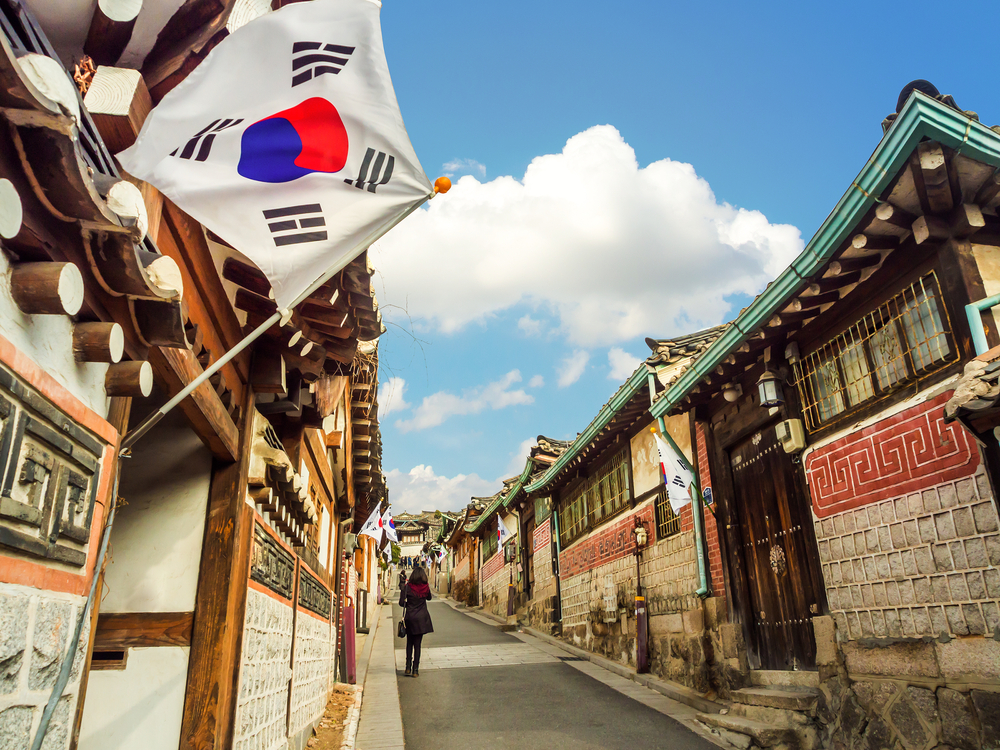
South Korea is revered internationally for its exports, such as K-dramas, K-pop music, and high-end skincare brands. However, it's also a great place to learn about a unique culture and old traditions. From its bustling cities to peaceful temples, there are many sights to see and learn about.
Dubbed "The Land of the Morning Calm," this country has something for everyone. This South Korea travel guide will teach you everything you need to know before packing your bags and jetting off.
South Korea Travel Guide: 5 Things You Need to Know Before Your Trip
A passport and plane ticket aren't the only things you need to visit South Korea. Here are a few essential reminders for a smooth and memorable trip.
- Secure a visa
To enter the country, you need a tourist visa or C-3 Visa, which allows you to stay for up to 90 days. Other requirements you must submit are:
- Visa application form
- Passport-sized photos
- Passport documents
- Financial requirements
- Tax documents
- Original Certificate of Employment (if available)
Fortunately, RCBC has partnered with the Embassy of the Republic of Korea to make the Korean visa application process easier. RCBC Credit cardholders are exempt from submitting financial documents and can enjoy a simplified application system until Dec. 31, 2025.
Check out RCBC Credit's exclusive Korean visa promo for a more manageable visa application experience.
- Choose the best time to visit
South Korea's temperate climate makes it worth visiting year-round. Spring (March to May) brings mild weather and breathtaking cherry blossoms, perfect for enjoying parks and scenic strolls.In autumn (September to November), vibrant foliage transforms mountain trails and temples into stunning landscapes for hiking and exploration. Summer (June to August) adds warmth and energy, with festivals like the Boryeong Mud Festival lighting up the season.Finally, winter (December to February) invites snow lovers to Gangwon-do's ski resorts for winter sports and snowy views.Planning your South Korea visit around the season that matches your expectations can help you make the most of your trip. - Set a budget
Currently, ₩1,000 is equivalent to ₱42.04. So, it's crucial to plan your budget to avoid overspending.
Here's a general idea of what to expect:
- Accommodation: Budget-friendly hostels start at ₱1,000 (₩24,000) per night. But if you prefer more privacy, mid-range hotels cost around ₱1,700 (₩40,800) per night. Meanwhile, four- to five-star hotels start at ₱9,000 (₩216,000) per night.
- Transportation: South Korea offers affordable yet world-class public transportation. If you're in Seoul, you can take a subway ride for only ₱60 (₩1,440) per trip. Meanwhile, buses and taxis cost around ₱500 to ₱3000 (₩12,000 to ₩72,000).
- Dining: If you're willing to skip the much-beloved Samgyupsal and want to save, try street food for as low as ₱150 (₩3,600)! But if you're not on a tight budget, you can dine at mid-range Korean restaurants that typically cost around ₱600 to ₱900 (₩14,400 to ₩21,600).
- Attractions: Most historical sites and museums charge a small entrance fee, around ₱150 to ₱300 (₩3,600 to ₩7,200). For nightlife and entertainment, expect to spend around ₱1,000 to ₱2,000 (₩24,000 to ₩48,000) for drinks or club entry.
Enjoy exclusive savings on travel insurance with your RCBC Credit Card. For your international trips, simply register online five (5) banking days after purchasing to receive your electronic Confirmation of Cover (e-CoC) in time for your journey.
With RCBC, you can also convert any overseas purchases into 0% installment plans, making it easier to manage your travel expenses. Travel confidently with RCBC, knowing you’re both covered and in control.
- Build your itinerary
South Korea has many attractions, so plan your itinerary to maximize your stay. Here are a couple of must-see spots to add to your list:
- Seoul: As soon as you arrive at the airport, make the vibrant capital your first stop. This city has it all—historic palaces like Gyeongbokgung Palace, bustling shopping districts like Myeongdong, and lively neighborhoods like Hongdae. You'll enjoy Seoul for its youthful energy and street performances.
- Busan: This city is the place to be if you enjoy tropical places. It's famous for beaches, temples, and seafood. It also has colorful villages with murals. Make sure you visit Haeundae Beach and Gamcheon Culture Village!
- Jeju Island: This iconic volcanic island is a must-visit if you love nature. Jeju Island is the so-called "Hawaii of Korea" and has captivating beaches and landscapes, plus local delicacies. You can explore its stunning waterfalls or hike Hallasan, Korea's highest mountain.
- Gyeongju: Also known as a "museum without walls," Gyeongju is a treasure trove of historical landmarks. This city is home to well-preserved ancient temples, royal tombs, and the most impressive statue of Buddha.
For a more unique experience, consider joining craft and cooking classes, taking a traditional Korean medical tour, and participating in Hanbok programs.
- Familiarize yourself with South Korean etiquette
Whether you're visiting for a quick escape or a long vacation, learning South Korean etiquette is essential to interact with locals properly and avoid cultural mistakes. Here are a few dos and don'ts:
- Korean bowing: A common way to greet people and show respect is by bowing. Locals appreciate a slight bow when you meet them for the first time or thank them.
- Use the two-handed shake: South Koreans traditionally shake hands with people based on age and social hierarchy. To play it safe, you can use the two-handed shake when meeting someone for the first time. The one-hand shake is specifically for those of higher rank.
- Addressing names: Unlike in Western countries, calling someone by their first name is a cultural misstep in South Korea. Like their handshake, how you address them depends on age and social hierarchy. So, remember to ask them first how you can call them.
- Pouring alcoholic drinks: Drinking is a huge part of South Korean culture, but you shouldn't pour your glass first. To show courtesy, pour drinks for others before yours using both hands.
By practicing these small cultural nuances, you'll blend in and show respect for the local culture during your visit.
Have a Memorable and Safe Trip
South Korea is a country that cohesively blends history, culture, and modernity. With this South Korea travel guide, you can expect an enriching and memorable visit.
If you're looking for a reliable partner for your trip, consider applying for an RCBC Credit Card. With exclusive benefits like free travel insurance, 0% installment plans for overseas purchases, and a simplified Korean visa application, your South Korean adventure will be more enjoyable.
For instance, the RCBC Visa Infinite or Visa Platinum credit card offers exciting perks, such as a complimentary pass to world-class airport lounges, free flights with preferred AIRMILES, and instant access to cash anywhere in the world.
If you want to accumulate more reward points or AIRMILES that go toward your next trip, you earn more when you make purchases abroad, making having these cards all the more worth it!
Apply for an RCBC Credit Card to start planning your dream trip to South Korea.

 bc
bc




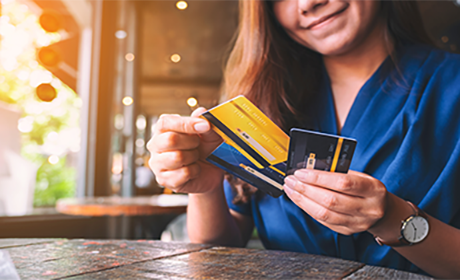












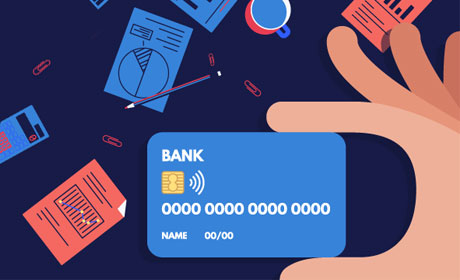
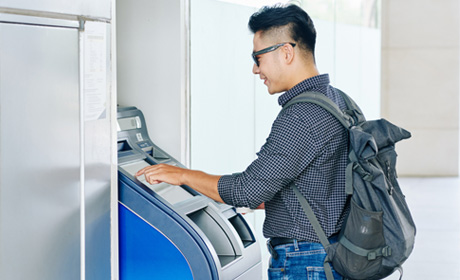

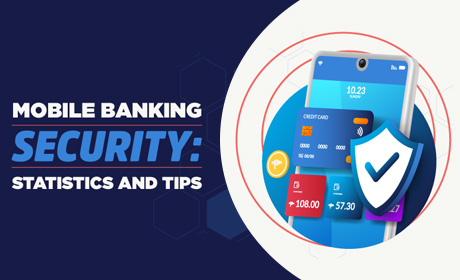


.png)
.png)




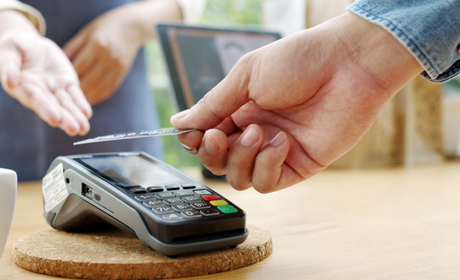

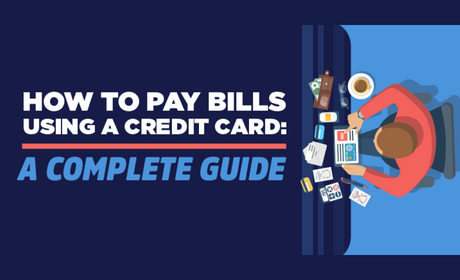



.jpg)
.jpg)
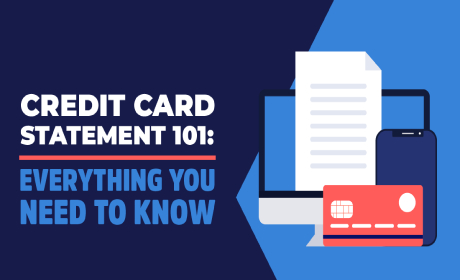
.jpg)

.jpg)

.jpg)



.jpg)
 (1).jpg)
 (1).jpg)
 (1).jpg)

.jpg)
 (1).jpg)
 (2) (1).jpg)
 (2) (1).jpg)
.jpg)
 (1).jpg)
 (1).jpg)
 (1).jpg)
 (1).jpg)

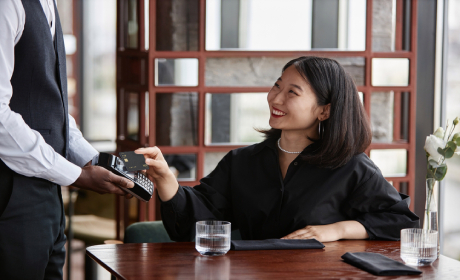
.jpg)
.jpg)
.jpg)
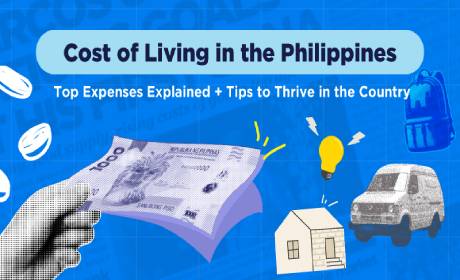
.jpg)
.jpg)


.jpg)
.jpg)
.jpg)
.jpg)
.jpg)
.jpg)
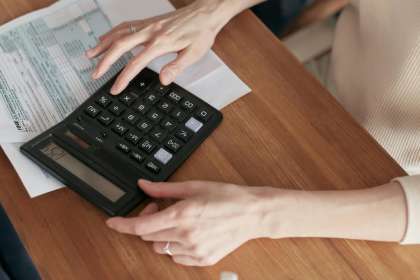

.jpg)
 (1).jpg)

.jpg)
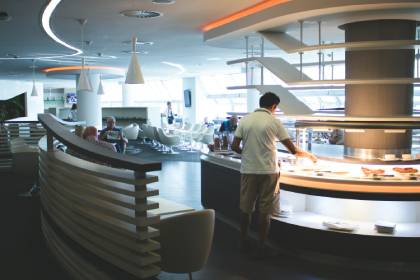
.jpg)
.jpg)
.jpg)
.jpg)
.jpg)
.jpg)
